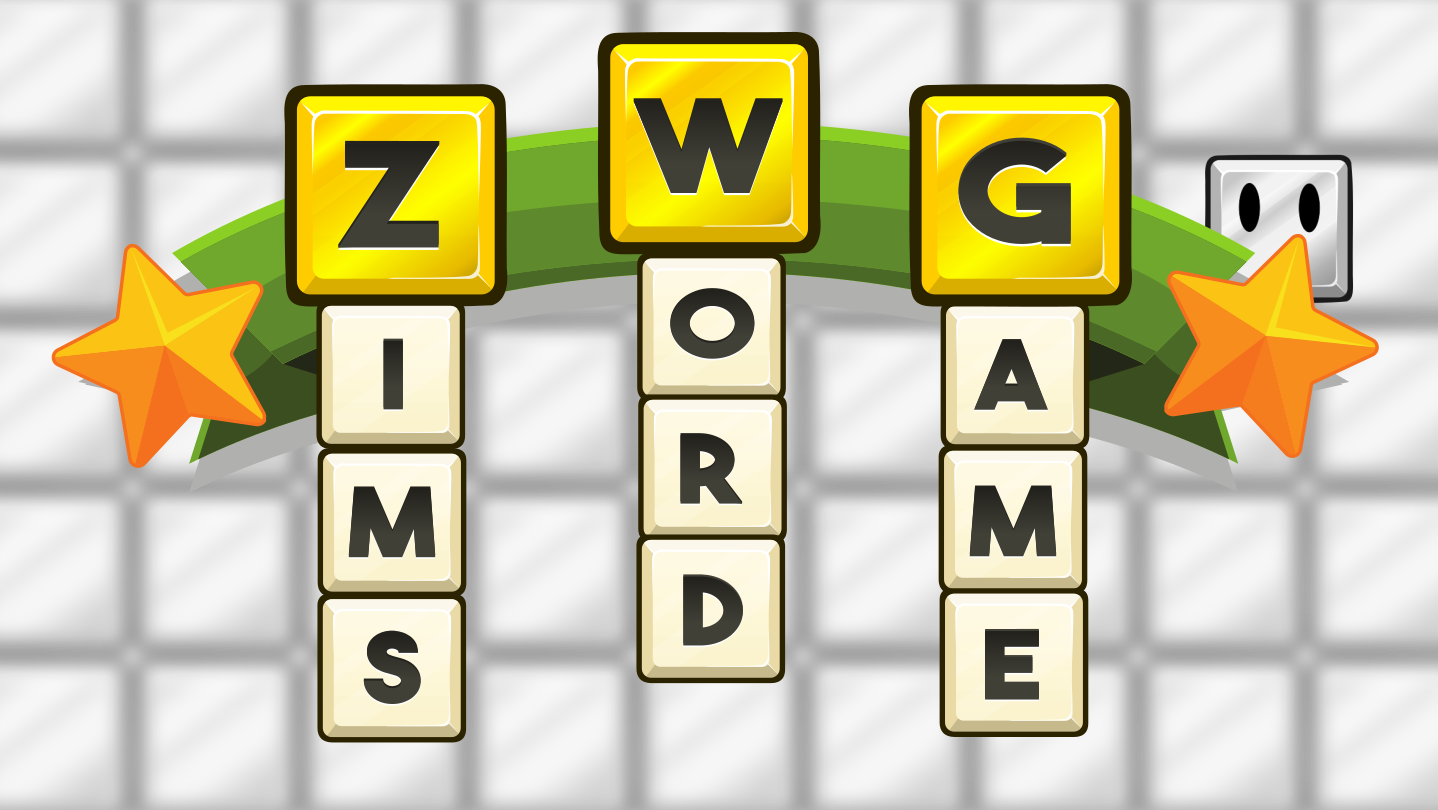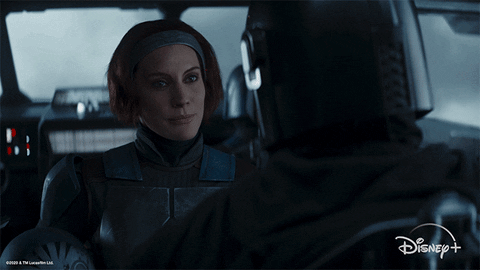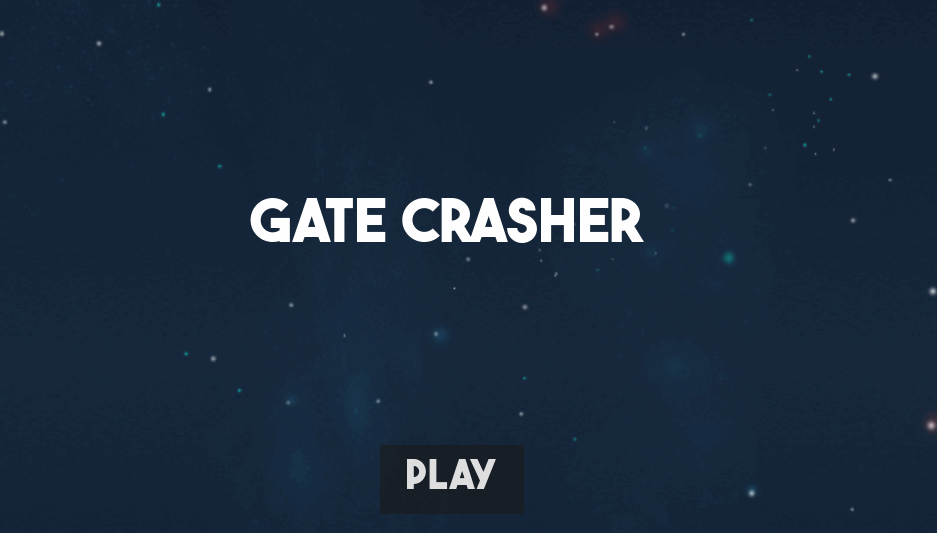Adventures in Game Development

Adventures in Game Development
Sorry, blog. You have been neglected for over a year! After spending so much time and effort building a great GitHub Pages blog, it has fallen into the ruin of yet another discarded side-project.

Anyway - it’s time to jump back on the proverbial horse. Let’s ride. 🏇
2022/2023 Rewind
Let’s see, for those note following along at home the 2022/2023 timeline involved a few random unreleased projects and two released projects: Stackzilla and Zim’s Word Game. Both were commercial flops, but incredibly fun to develop. Side-note: commercial viability is getting to be more and more of a focus during the pursuit of self-employment.
Stackzilla
Stackzilla is “an application ORM for Python developers. tldr; it’s Terraform on Steroids - for Python developers. As a Python developer, the HCL syntax sucks. It’s outside of my normal workflow, and integrating it with any kind of complex application deployment is a pain in the rear. Also - extending it is not intuitive nor simple. When writing a Python app, I want to easily write some classes and just have my application deploy via an easy to use CLI tool. Stackzilla does that.
In the back of my head there are plans to make a commercial SaaS offering. For now, however, it’s available for everyone as a free open-source tool.
Zim’s Word Game
After a 4 year game development hiatus - we’re back baby! Holy hell is game development fun. During a recent conversation with a co-worker I made the claim that game development was just as fun as game playing. Crazy, right?
The next game development project served a few purposes:
1) Make a game that my family would enjoy playing 2) Try mobile development 3) Learn publishing on mobile platforms
After a quick design session with my wife, a Tetris/Bookworm mashup was devised.
- Tiles fall from the top of the playing area
- Tap the tiles to build words
- Don’t let the board fill up
Along the way some other mechanics were added, but that was the core of the game.
Takeaways
The game itself was mildly fun. While it did have solid replay value, individual play sessions were short. In retrospect, the scope of the game was pretty small and the design itself was lacking. After launching ZWG I’ve taken some time to delve much more into the world of game design.
After launching on Google Play and Apple’s App Store, some basic advertising and marketing was performed - to no avail. Hell, I actually ended up getting a Google Ads account suspended for unknown reasons. 4 months later, there’s still no indication as to what is wrong. Lesson learned: seek out a publisher next time or start marketing earlier.
What’s Next
The fall/winter season is my most productive time of year for side projects. With that in mind, summertime has been spent doing design work for new titles and learning new technology. Not ready to announce the next project quite yet. However, the last couple of weeks have been spent learning the Godot Engine.
Godot
Why Godot? GameMaker has been a solid workhorse so far. Unfortunately, its support for HTML5 exports has been extremely disappointing. In addition, networking support is quite rudimentary and very cumbersome. Yes, the next title will have networking support.
For me, learning a new technology is best done by doing - not reading. In that light, the current project is a clone of “pacifism mode” from Geometry Wars. In addition to learning Godot, this will be an opportunity to try publishing a title on Itch.io. If the goal is to someday do this full time, more folks need to know that I’m doing it!

As the engine is explored, new posts will be added to the Godot section of TIL. There are already a hojillion resources out there for learning Godot. My goal with the Godot section in TIL is to serve as a quick reference for future projects.
And away we go….